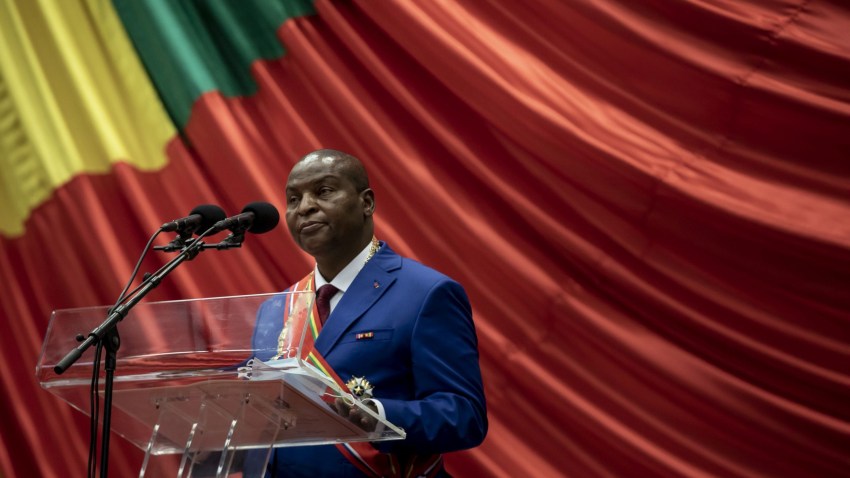Over the past few months, the Central African Republic’s President Faustin-Archange Touadera has embarked on an intense campaign to amend the country’s constitution in order to allow him to run for a third term. On Dec. 28, 2022, those efforts paid off, as Touadera managed to secure a referendum on constitutional reform.
Yet success has not come easily, and Touadera still faces staunch political opposition as well as military challenges from armed groups. The international media, however, has largely focused on the role that Russia and Rwanda play in the country’s political standoff, as well as the response of CAR’s other partners in the international community. Support from external powers is important, but ultimately it will be local actors who determine whether Touadera’s gambit succeeds or fails.
From Civil War to Simmering Conflict
Touadera’s first term, which began in 2016 with his decisive victory in CAR’s presidential election that year, was full of promise, especially given the turbulent events the country had experienced in the years preceding it. In 2013, a predominantly Muslim alliance of armed groups from the north of the country called Seleka ousted former President Francois Bozize, who fled to Cameroon. In a bid to return to power, Bozize mobilized predominantly Christian and animist groups—collectively known as Anti-Balaka—against Seleka, as well as against Muslims in general. The French military intervened, and in 2014 the United Nations authorized a peacekeeping mission, MINUSCA, in the country. A subsequent U.N.-backed political transition culminated in elections, in which Touadera, who had served previously as prime minister, became the first democratically elected leader in the Central African Republic, or CAR, in more than a decade.

